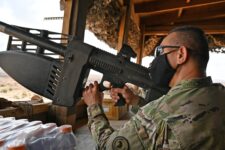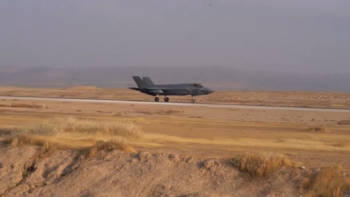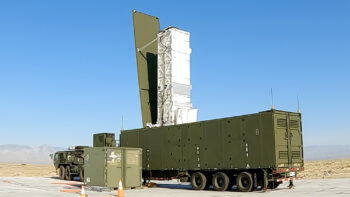
Acting like the headmaster for an exclusive school for pampered and difficult children, Defense Secretary Leon Panetta on Thursday set out a tough array of assignments for the post-election “lame duck” session of Congress.
“When Congress returns to town after the elections, there is a great deal of critical work that needs to be done,” Panetta said at one of his fairly regular Pentagon press availabilities. He listed four things the lawmakers need to take up, which he said were “critical” to the new national defense strategy President Barack Obama announced in February.
His first assignment: “must act to advert sequester” before the threatened $500 billion in cuts to defense funding. The cuts, required by the Budget Control Act, would take effect on Jan. 2, 2013. With only 70 days before that deadline, Panetta said — it actually is down to 68 days — “Congress is certainly on the clock.”
Although President Obama said during his last debate with Mitt Romney that sequestration would not happen, the chief executive’s oracular powers remain uncertain.
Preventing sequester is a high priority for most members of Congress, whether they are concerned about the likely impact on combat readiness of the services or are worried about the potential loss of jobs in their districts or states because of funding cuts to procurement programs.
But, actually preventing sequestration would require Congress to approve some way to off-set the $1 trillion in total spending that last year’s Budget Control Act requires. Most analysts believe that would take a combination of cuts to domestic spending and perhaps entitlements, such as Social Security and Medicare, which most Democrats oppose, and additional tax revenues, which most Republicans have pledged not to accept.
That leads to the widely held expectation that the lame duckers would only find some way to delay the on-set of sequestration and pass the buck to the next Congress.
Panetta later noted that the department was struggling to put together a fiscal 2014 defense budget, but was handicapped by the fact that they are working under a six-month continuing resolution that limits spending to last year’s level and prevents starting new programs. “We don’t know what resources we’ll have, what kind of (financial) stability we’ll have in the future.”
Panetta’s third assignment for Congress was “they really must pass a cyber security bill… We really do need strong cyber security legislation so we can defend the nation against a cyber attack”
The administration proposed a bill that would give the federal government greater authority to counter cyber attacks, but also would require private sector entities, such as financial institutions and utilities, to adapt stronger protections against intrusion into their computer systems. When the U.S. Chamber of Congress came out in strong opposition to that requirement, most Republicans withdrew their support and the bill went no where. Few expect that to change in the short lame duck session.
Second, Panetta said, “Congress should pass — we’d like them to pass — a defense authorization act.” He added that he would like them also to pass a defense appropriations act, “but at the very least we do need a defense authorization bill so we can continue to implement our new defense strategy.” This is one Sen. John McCain is sure to be glad to hear. McCain stands as one of the staunchest advocates of the defense policy bill, regularly berating his colleagues when they fail to pass one or wait until an appropriations bill is passed.
Panetta’s final assignment was that Congress would confirm Marine generals John Allen and Joseph Dunford so they can take up their new commands. Allen, currently commander of coalition forces in Afghanistan, has been nominated to become Supreme Allied Commander in Europe, the top NATO military position. Dunford, the Marine Corps assistant commandant, has been nominated to replace Allen in Afghanistan.
That is the one assignment Congress has a good chance of completing. Both those officers are highly regarded and could be endorsed quickly by the Senate Armed Services Committee and confirmed by the Senate. And there’s the rub. It only takes the Senate to approve this one.
Lockheed wins competition to build next-gen interceptor
The Missile Defense Agency recently accelerated plans to pick a winning vendor, a decision previously planned for next year.


























